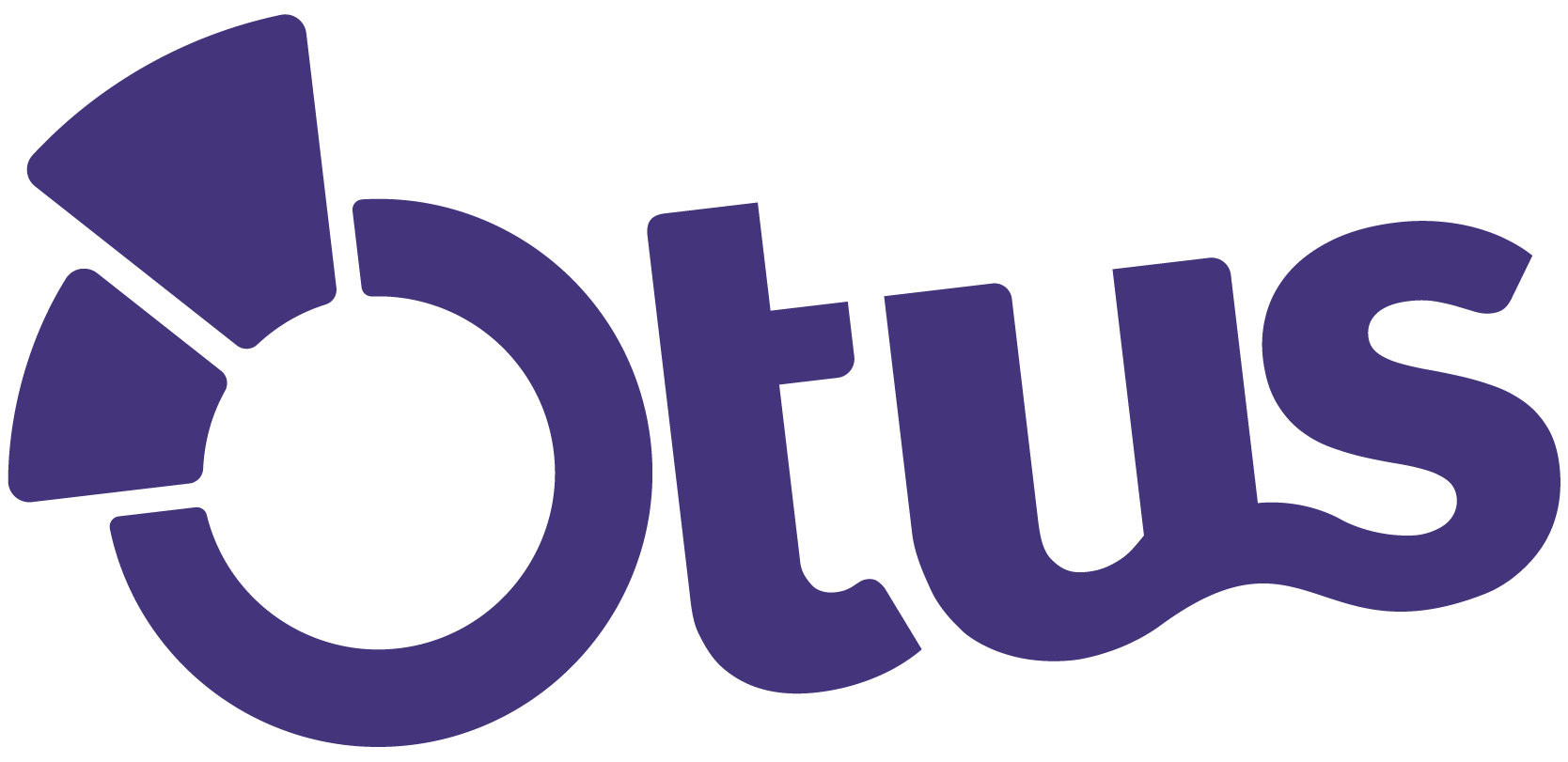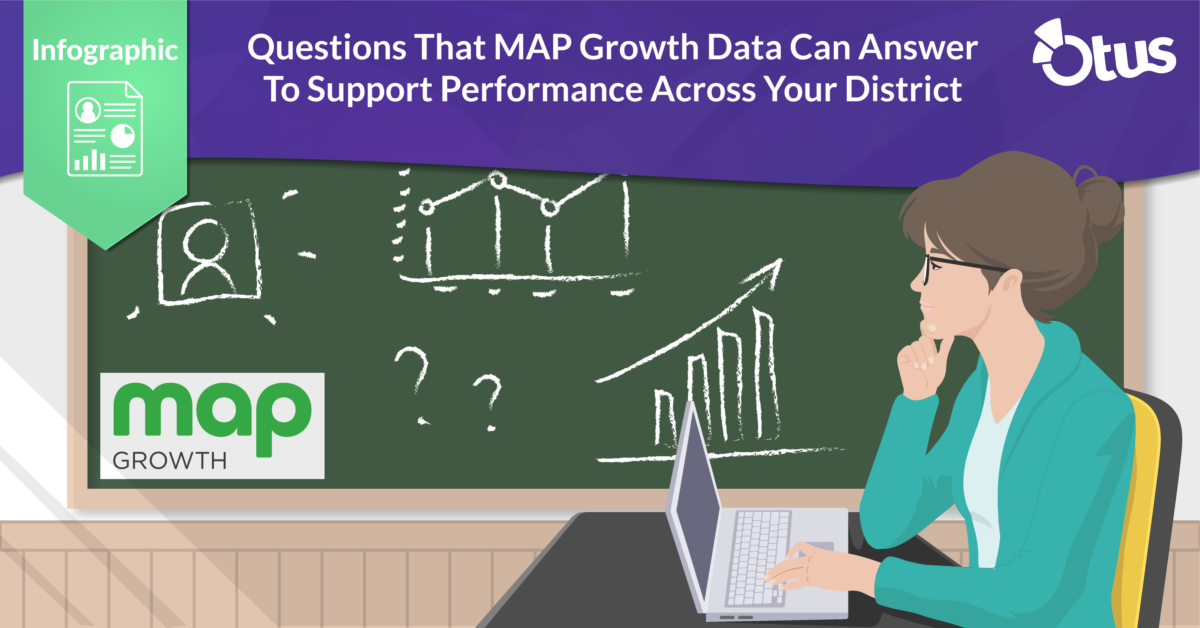As an IT professional in a K-12 school, you’re probably familiar with the term “classroom management.” Classroom management is used by teachers to describe the process of ensuring lessons run smoothly without disruption.
Since you’re at the forefront of edtech integration, it’s likely you’ve also been tasked with getting your district up to speed with classroom management software, or software that automates the administration, tracking, and reporting of educational courses.
What considerations do you need to make when selecting classroom management software for your school?
From usability to compatibility, simplicity to reliability, there are an array of factors to consider. In this article, we discuss three important questions IT professionals should make before selecting classroom management software.
Classroom Management Software Considerations
- Is the software user-friendly? According to teachers, one of the top five barriers to using digital resources in the classroom is, “It is inconvenient and/or logistically challenging to use technology.” When selecting classroom management software, you need to consider usability from a non-tech perspective. Is the platform intuitive and is there free training available online? Additionally, check that the provider offers support and if they are easy to contact.
- Is the software compatible with other platforms? Logistically, the software needs to work with the other technology available in the classroom. According to a Teachers Know Best survey, 76% of classrooms use a projector, 72% use laptops, 69% use interactive whiteboards (e.g. SMART board), and 55% use mobile/tablets. You want to select software that can be used with any machine so every teacher and student has access.
- Will the software help teachers track student progress? Teachers track student progress to determine what students understand (or don’t understand), when to reteach, and when to move on. Digital formative assessment tools and more traditional assessment are used to increase teacher effectiveness and student success.
When you select classroom management software, you want to ensure that it’s compatible with how teachers use day-to-day assessment. Can the classroom management software:
- Help identify which students need help?
- Help teachers adjust pacing and content based on the needs of the class?
- Provide students useful feedback and make student learning a more reflective process?
The Bottom Line of Choosing a Classroom Management Software
As a decision-maker, you have a budget. It’s valuable to consider all options within your budget. Free options may not meet your needs and the most expensive options may not be worth it. When you compare classroom management software, assess usability, compatibility, and how the software will fit in with how your school monitors student progress.
If you’re interested in our solutions at Otus, request a demo below. Otus connects teachers, school leaders, parents, and students on a single platform.




